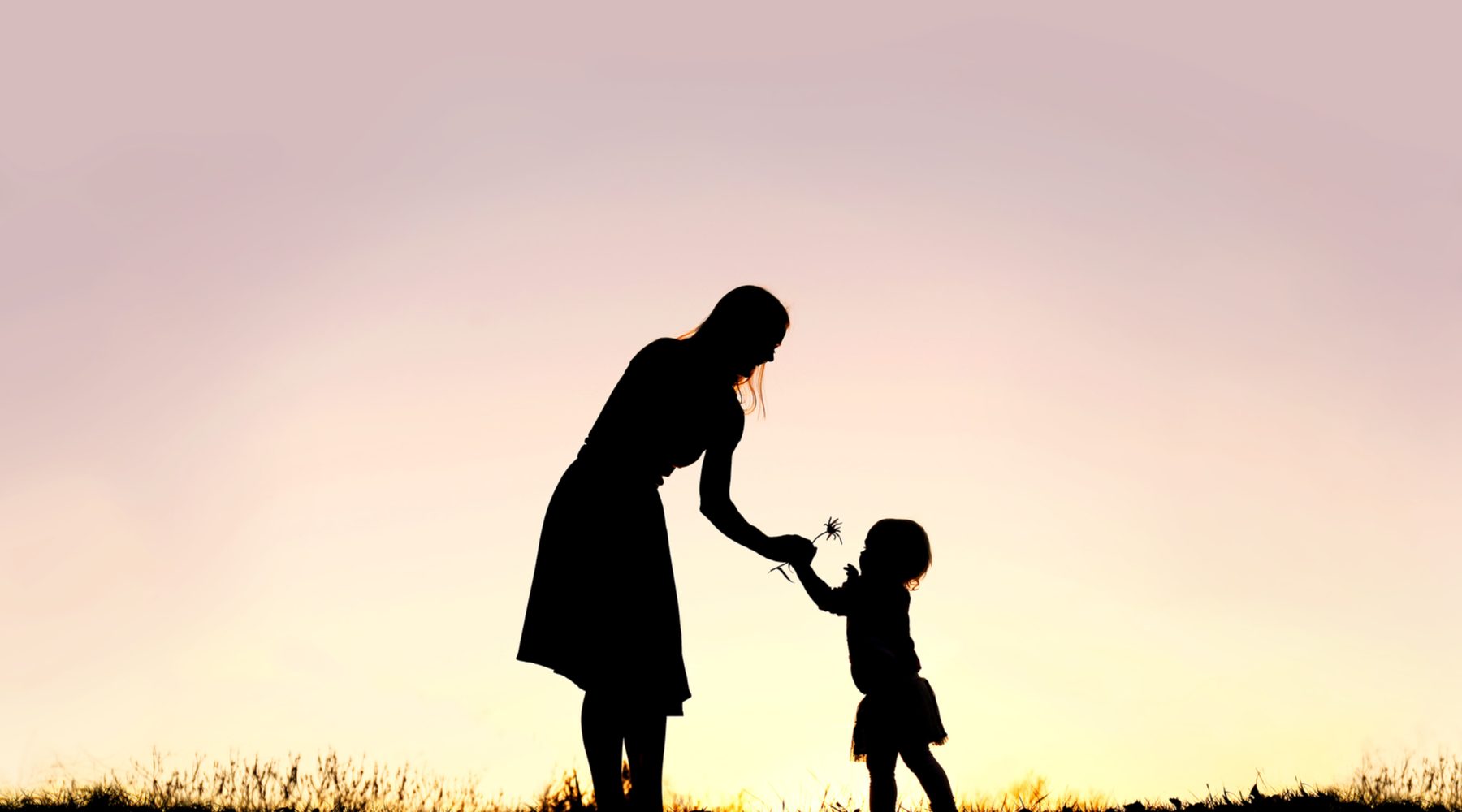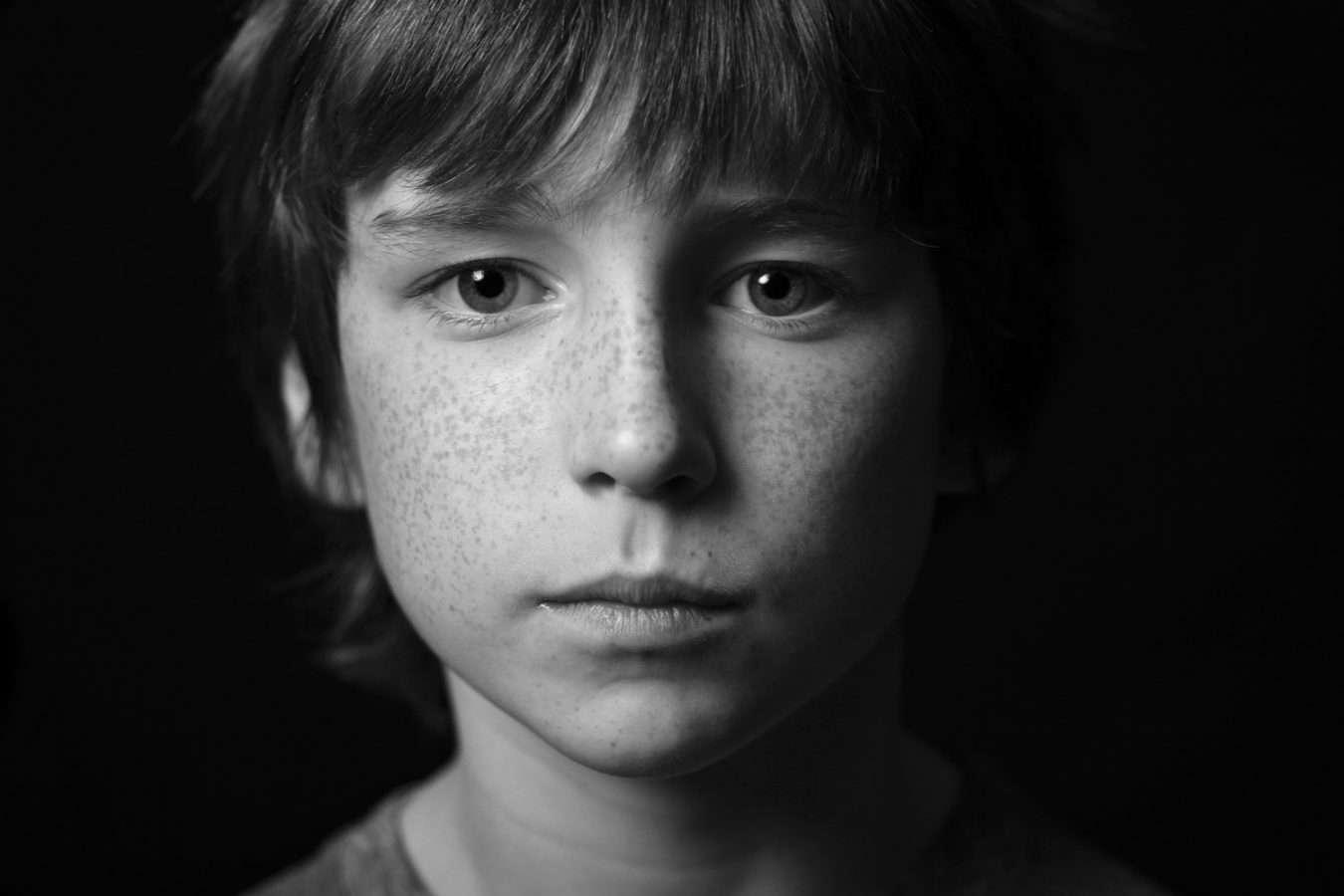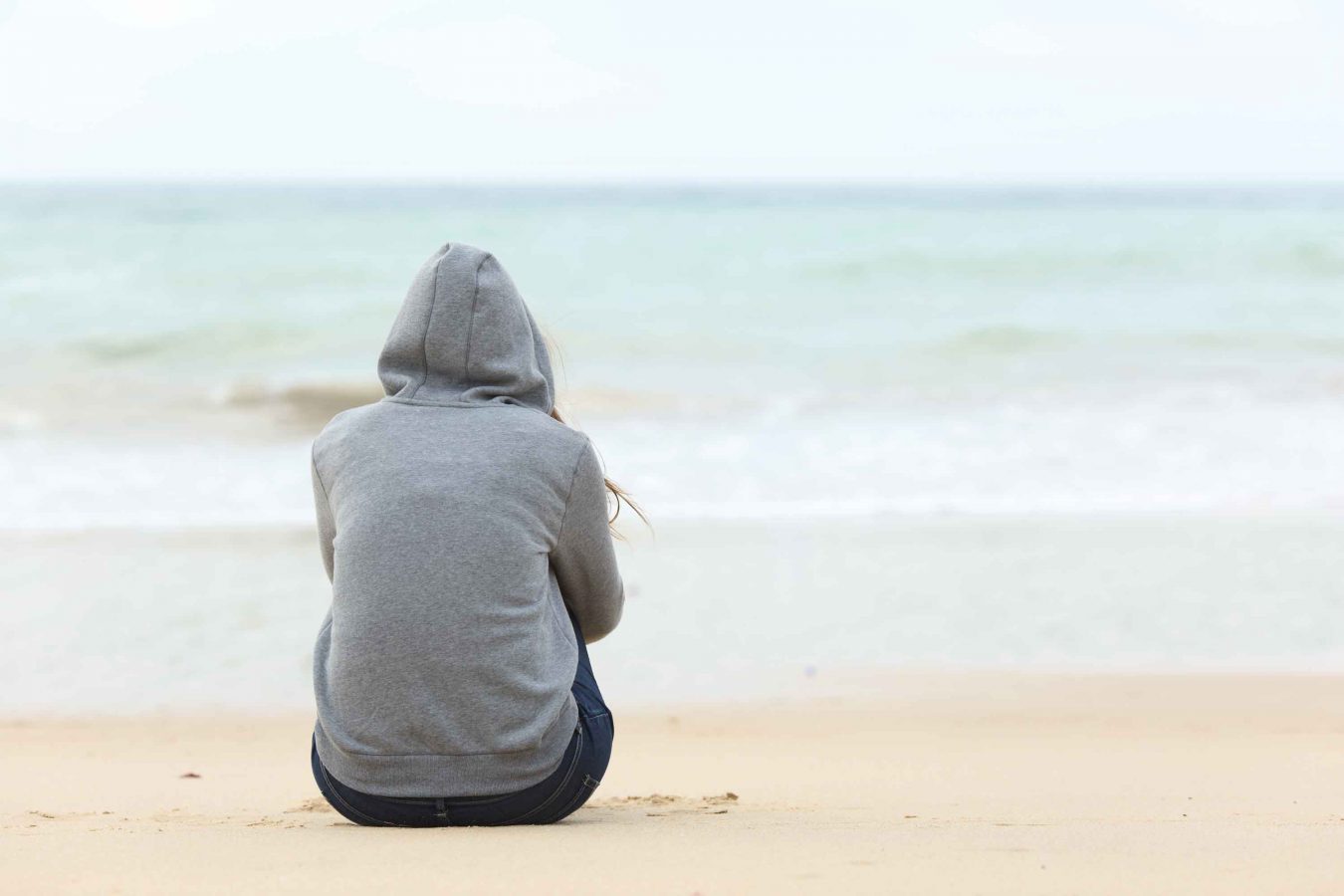
Susan Carland reflects on the 'lost lasts' of parenting, letting teens know they are loved, and why one dad ditched blokey parenting books for insightful memoirs by mothers.
Our selection of thought-provoking and useful resources from around the web on educating and raising children, and supporting families.
Why I’m savouring every ‘lost last’ as my children grow older
(Susan Carland, The Age)
This is a poignant piece that begins on a recent Saturday morning, when one of the author’s two teenage children heads out to buy her a coffee from the local cafe.
She pondered earlier Saturday mornings when they were little – hectic and intense. So she posted a photo of the coffee on Instagram, a reassurance for parents struggling with little ones that things change. She was inundated with messages of thanks.
The author reflects on the journey that is parenthood, and the importance of remembering the everyday events with kids – holding hands crossing the street, buying a takeaway coffee – that will one day be a ‘lost last’.
Read the full articleWhen do teens feel loved by their parents?
(Maryam Abdullah, Greater Good Magazine)
Navigating the parent-teen relationship can prove tricky. As the author notes, it often feels like a tightrope walk. Despite attempts to show love and care, we end up in conflict.
Researchers surveyed 150 teens in the US over a month. At the end of each day, they were asked a simple question: how much did they feel loved that day by their parent?
The key finding was that on days when parents showed warmth towards their teen, the conflict they might have had didn’t matter as much. This is important, say the researchers, because if teens regularly don’t feel loved for long periods, they may be at greater risk of mental health problems.
Read the full articleI was sick of blokey books by dads – could mothers’ memoirs make me a better father?
(Carl Cederström, The Guardian)
Parenting books have become a booming business. When he found himself on parental leave, the author decided to explore the genre, turning first to books written by men.
He delved into 10 ‘dad’ memoirs. But eventually, it was an unsatisfying reading list – all the books were light and whimsical, the anecdotes tiresome and sometimes disturbing.
He discovered the best, most insightful books were written by women. The experiences were closer to his own, in a language he understood. ‘The women who wrote about motherhood were much more tuned in to other people’s experiences, past and present.’
Read the full article

